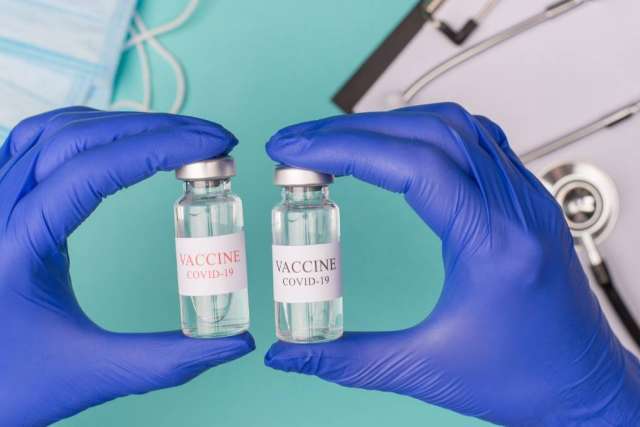Hello again, dear readers, and welcome to our monthly letters column. We’re happy to hear that our recent focus on your questions regarding the coronavirus vaccines has been helpful. Keep sending them in, and we’ll keep addressing them. Speaking of which:
-- A reader with a petite friend wondered whether coronavirus vaccines should be tailored to a person’s physical size. “My neighbor weighs 94 pounds and worries she might get too much vaccine with a standard vaccination,” she wrote. “Should she get a smaller dosage?” Adults of all sizes can safely receive the same vaccine dose. Although medications are calibrated to reach certain blood concentrations based on body weight, the coronavirus vaccines “speak” directly to the immune system. That means the dosage remains constant, no matter a person’s size. Your neighbor can safely receive the standard dose of any of the three coronavirus vaccines available in the United States at this time.
-- Many of you who are about to get a coronavirus vaccine wanted to know when maximum immunity kicks in. According to the Centers for Disease Control and Prevention (CDC), you’re considered to be fully vaccinated two weeks after the second shot of the two-dose Moderna or Pfizer vaccines, and two weeks after the single-shot Johnson & Johnson vaccine.
-- Another frequently asked question is whether it’s OK to get the coronavirus vaccine at the same time as other vaccines. Just as a precaution, the current recommendation is that the COVID-19 series be administered alone, with at least a two-week interval before and after any other vaccines.
-- Some of you weren’t sure whether the vaccines contained ingredients to which you have known allergies. “I am severely allergic to povidone, which is frequently seen listed as an inactive ingredient in both over-the-counter and prescription medications,” a reader wrote. “Is this a cause of concern with the COVID-19 vaccines?” Polyvinylpyrrolidone, also known as povidone, or PVP, is a water-soluble synthetic polymer that helps keep drugs in suspension. We have reviewed the COVID-19 vaccine ingredients and do not see povidone listed.

-- A reader whose son recovered from Guillain-Barre syndrome (GBS) as a child asked whether the coronavirus vaccine is safe for him an adult. Persons with a history of GBS may receive the COVID-19 vaccine unless they have been previously instructed to avoid vaccination. As this is the case with your son, who has been advised to avoid the flu vaccine, be sure to check with your health care provider for specific recommendations before moving forward with coronavirus vaccination.
We’ll close with a reassurance to those of you who ask that your names not be used in the letters column. We do not publish the names of our correspondents. However, we do love picturing where you’re writing from -- so if you’re willing, feel free to include your city or state in your emails. As always, thank you to our readers who have taken the time to send kind and encouraging words. It really does mean a lot to us.
(Send your questions to [email protected], or write: Ask the Doctors, c/o UCLA Health Sciences Media Relations, 10880 Wilshire Blvd., Suite 1450, Los Angeles, CA, 90024. Owing to the volume of mail, personal replies cannot be provided.)





